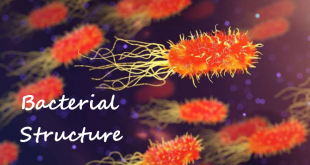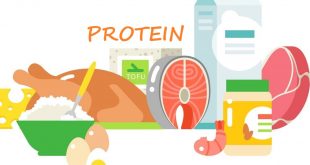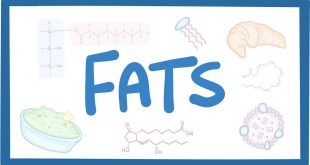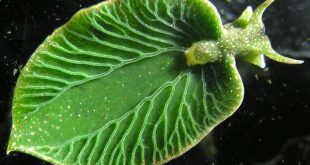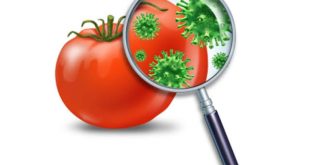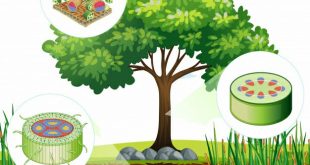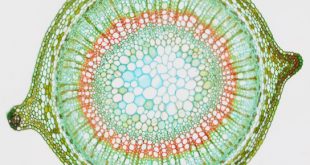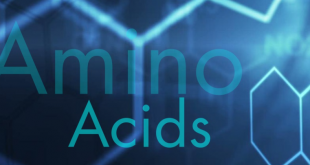Bacteria (singular: bacterium) are classified as prokaryotes. They are single-celled life/body with a simple core-less internal structure and contain DNA that swims freely in a twisted, thread-like matter called a nucleoid, or in circular parts called plasmids. Bacteria are single-celled microscopic life/organisms that grow in different environments, and these organisms can live in …
Read More »Protein and Peptides: An Inevitable Source of Nutrition (Part 1)
Proteins are large biomolecules, or macromolecules, consisting of one or more long chains of amino acid residues. Proteins perform a vast array of functions within organisms, including catalysing metabolic reactions, DNA replication, responding to stimuli, providing structure to cells, and organisms, and transporting molecules from one location to another. Proteins differ from one another primarily in their sequence of amino acids, which …
Read More »Lipids and Fatty Acids: An Inescapable Organic Compounds
In biology and biochemistry, a lipid is a macro-biomolecule that is soluble in nonpolar solvents. Non-polar solvents are typically hydrocarbons used to dissolve other naturally occurring hydrocarbon lipid molecules that do not (or do not easily) dissolve in water, including fatty acids, waxes, sterols, fat-soluble vitamins (such as vitamins A, D, E, and K), monoglycerides, diglycerides, triglycerides, and phospholipids. …
Read More »Ecosystem: Balance & Imbalance
The term ‘ecosystem’ was first used by A. G. Tansley in 1935. Tansley defined an ecosystem as a particular category of physical systems, consisting of organisms and inorganic components in a relatively stable equilibrium, open, and of various sizes and kinds. An ecosystem is a structural and functional unit of …
Read More »Elysia chlorotica: The Solar-Powered Half Animal, Half Plant Sea Slug
When we think of animals and plants, we have a pretty good way of dividing them into two distinct groups: one converts sunlight into energy and the other has to eat food to make its energy. Well, those dividing lines come crashing down with the discovery of a sea slug …
Read More »Microbiology of Food
Food is any substance consumed to provide nutritional support for the body. Food contains essential nutrients such as carbohydrates, fats, proteins, vitamins or minerals. Food is ingested by an organism and assimilated by the organisms cells to provide energy, maintain life or stimulate growth. Classifications of food According to Martin …
Read More »Primary Structure: Dicotyledonous, Monocotyledonous Root & Leaf
Root is the underground part of a vascular plant and Leaf is the flattened outgrowth from stem of a vascular plant. In this article, the Primary structure of Root and Leaf will be discussed in detail. Primary Structure of Dicot Root The root of Dicot plants usually consists of Epidermis, …
Read More »Primary Structure: Dicotyledonous & Monocotyledonous Stem
The part of the axis of the plant which is usually ascending and aerial in nature, and also bears the leaves and reproductive structures is called the stem. The stem together with the leaves which it bears constitute the shoot. It is composed of three tissue systems that include the …
Read More »Amino Acid and Peptides:An Inevitable Organic Compounds
Proteins are an extremely important class of macromolecule in living organisms. More than 50% of the dry mass of most cells is protein. Proteins have many important functions. Amino Acids are the building units of proteins. Proteins are polymers of amino acids linked together by what is called “Peptide bond”. …
Read More »Financial Analysis for Studying in USA
This informative post is collected from the group named: NextTop-USA (Higher study in USA) Original Post Writer: Jawad Siddique Efaz Dear higher study aspirant, Hope you guys are staying safe and healthy and preparing to catch the Spring 2021 and Fall 2021 term. I am living in the USA for …
Read More » Plantlet The Blogging Platform of Department of Botany, University of Dhaka
Plantlet The Blogging Platform of Department of Botany, University of Dhaka
